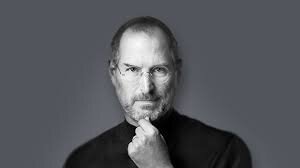Good communication is essential for conveying expectations, providing feedback, resolving conflicts, and fostering a positive work environment. Leaders and managers should be able to communicate clearly, actively listen, and adapt their communication style to different individuals. I think the biggest communication problem is we don't listen to understand we listen to reply. Contact me via e-mail for an evaluation of your interpersonal communication skills.
““The most powerful person in the world is the storyteller.””











